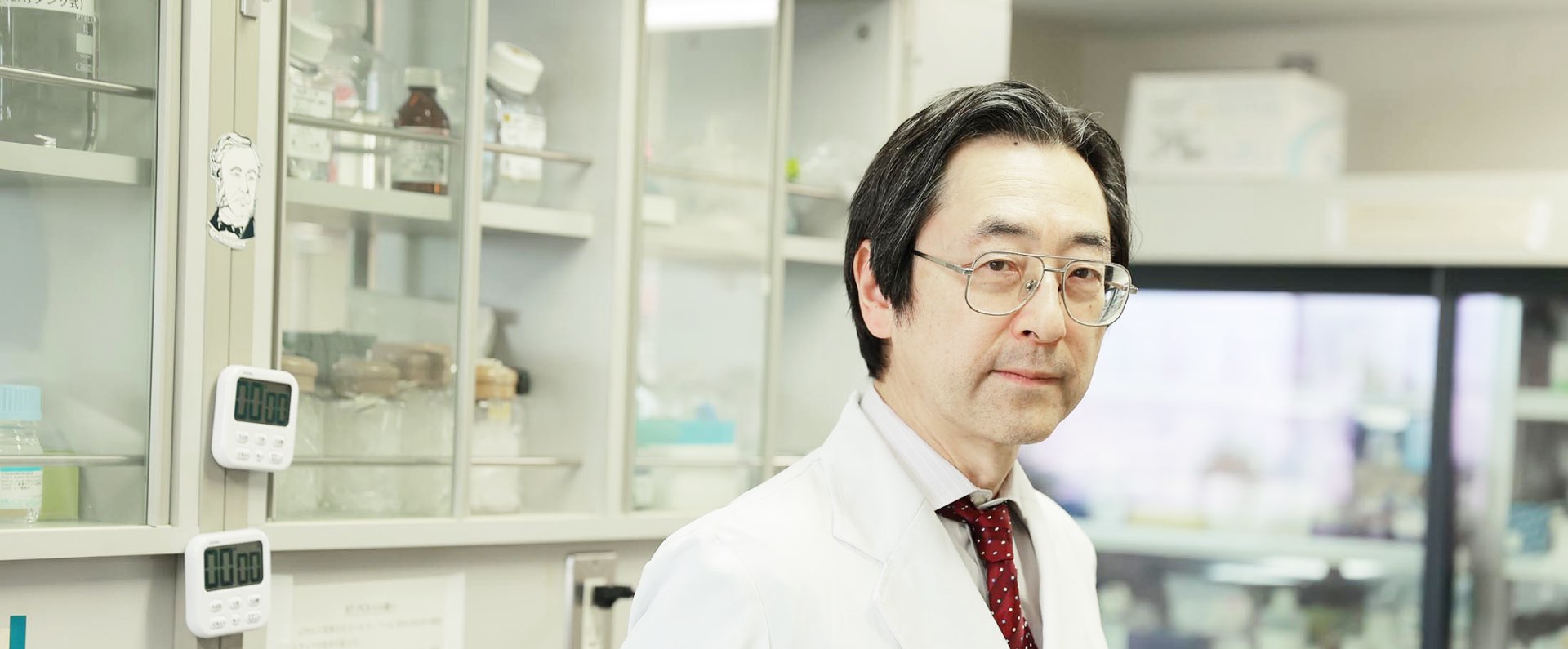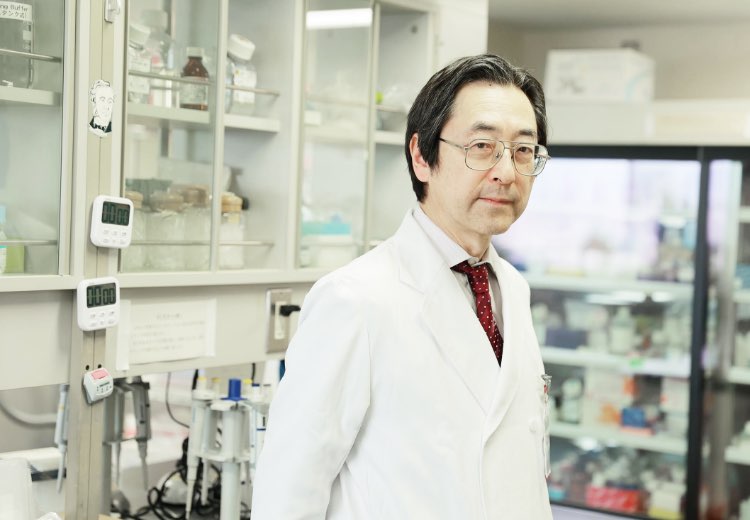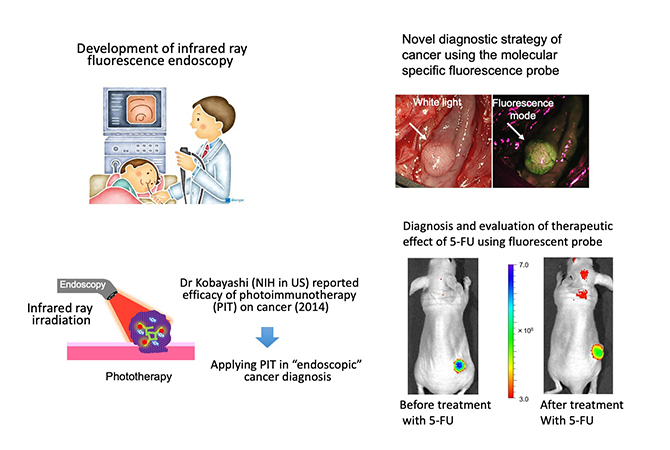People
Diagnostic and Therapeutic Strategy for cancers using new fluorescence endoscopy and new fluorescent probe
TAKAYAMA Tetsuji[Professor]
Department of Interdisciplinary Researches for Medicine and Photonics (Joint Faculty)
1986, Graduated from Sapporo Medical University, School of Medicine. 1991, Ph.D. 1992, Albert Einstein College of Medicine (NY). 1995- Sapporo Medical University, 2007- Tokushima University. Concurrently served to our institute in March 2019.
- Medical Photonics
- Visible
- Infrared
- Terahertz
- Deep ultraviolet
- Information Technology
- Medical
- Inspection
- Light source / Sensing
- etc.
- fluorescent endoscopy
- Phototherapy
- Molecular imaging
- Cancer
- fluorescence probe
Research Interests
We aim to create novel diagnostic and therapeutic tools, developing new fluorescence endoscopy and fluorophore-conjugated probes. We are developing high-sensitive fluorescent or fluorogenic probes, which bind specifically molecules on cancer cells. Moreover, our new fluorescence endoscopy system is now able to detect fluorescent signals of cancer cells or precancerous lesions with high-sensitivity and specificity. This system is also able to precisely evaluate therapeutic effect of anti-cancer drugs because it detect only viable cells but not necrotic tissues as fluorescent signals. On the other hand, we are developing new photodynamic therapy; when a photosensitive fluorescent probe is administered into mice bearing cancer and the specific razor light irradiated against the lesion, the tumor completely disappeared. Currently, we are developing a new high-sensitive endoscopy system which enables such imaging diagnosis and photodynamic therapy. Such endoscopic diagnosis and treatment strategy shows high feasibility for the gastrointestinal cancers even in the old patients. We believe that this kind of diagnostic and therapeutic strategy is a next-generation medicine in an aging society.




